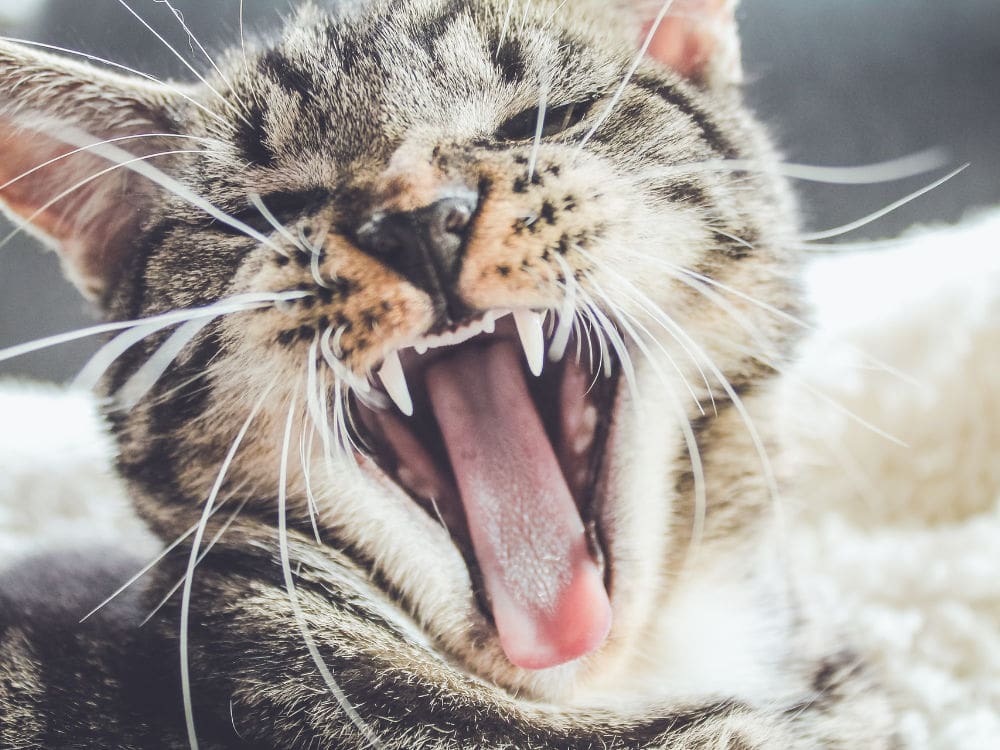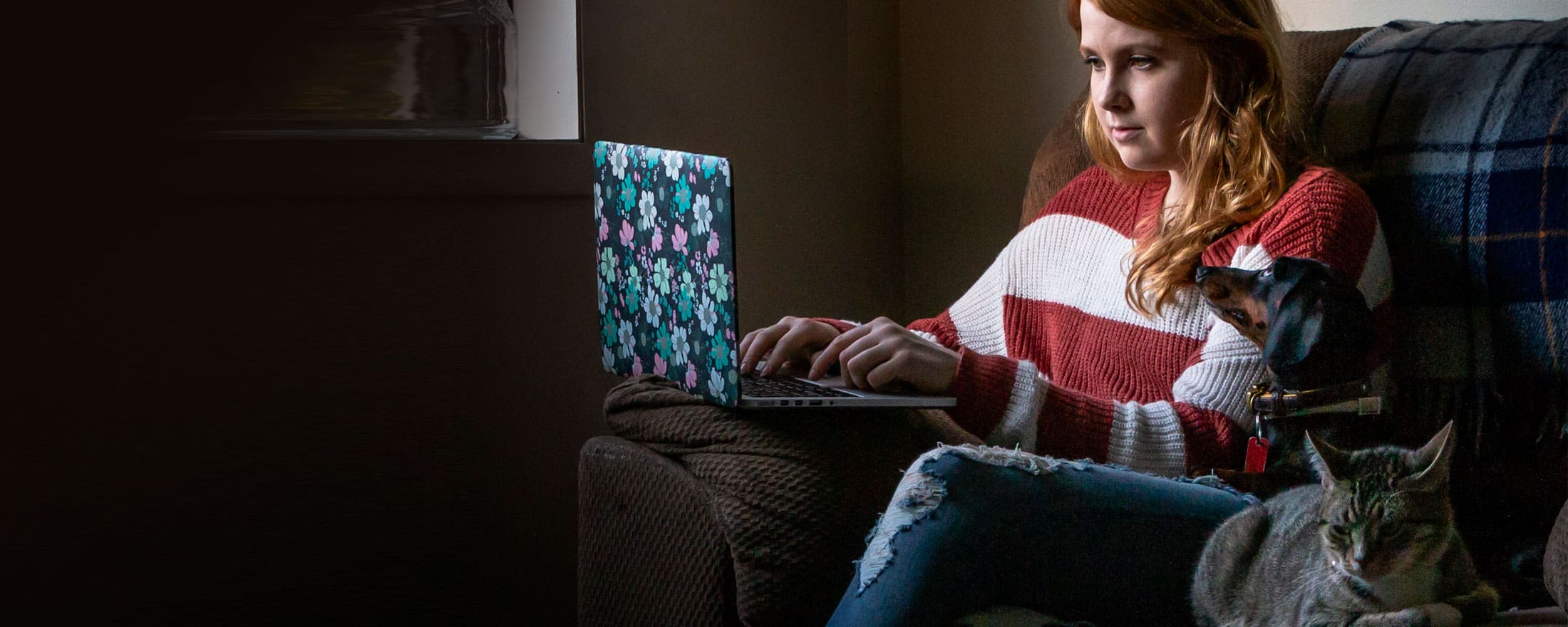
07 May Are there Alternatives to Brushing Your Cat’s Teeth?
Oral home care for your feline companion is an integral component of maintaining a healthy oral cavity, along with routine professional cleanings (COHAT). And brushing your cat’s teeth is considered to be the “gold standard” in at-home dental care. Studies have shown that the mechanical action of brushing the teeth is the most effective way of removing plaque, with or without toothpaste.
So if you’re looking for brushing alternatives for cats, unfortunately, there is no one-to-one replacement. But suppose your feline is particularly opposed to brushing, or you want to supplement brushing with other beneficial at-home oral care. In that case, the vet dentists at Animal Dental Care & Oral Surgery of Colorado Springs have some recommendations.
Why is Brushing Your Cat’s Teeth so Important?
Just like humans, cats are prone to plaque buildup, tartar, gingivitis, and periodontal disease. Dental disease doesn’t just cause bad breath—it can lead to tooth loss, pain, infections, and even impact your cat’s heart and kidneys if left untreated.
So, even if you can’t brush, it’s still crucial to maintain a dental routine.
Imagine the dental disease that would occur if we never brushed our teeth as humans? The same is true for our furry friends. Without regular brushing, dental cleanings, and other at-home care, plaque accumulates, eventually forming a hard and extremely stingy substance called calculus (tartar).
Plaque formation begins with colonized bacteria and forms within minutes of a dental cleaning. Calculus is mineralized plaque that forms as quickly as 72 hours. Calculus formation can only be removed by a professional pet dental cleaning.
Over time, plaque and calculus affect the tissues surrounding the teeth, leading to a painful mouth, fractured teeth, and eventual tooth loss. In addition, most cats and dogs (up to 85%) will have some form of periodontal disease by two years of age. Generally, the sooner comprehensive oral care starts, the better the pet’s dental health will be.
Are There Alternatives to Brushing for Cats?
Although nothing compares to brushing your cat’s teeth when it comes to oral home care, it can be quite challenging in some felines. Starting oral home care early in life allows for a greater chance of success.
Alternatives for tooth brushing for cats include dental treats, dental diets, water additives, topical gels, and oral rinses. These items can be used to maximize a healthy oral cavity and can be used for multi-modal oral care.
Dental Treats & Dental Diets
Cats have 30 adult teeth. Their teeth are pointed and lack a flat surface like our teeth. Cats are also obligate carnivores, which means they survive on a predominantly protein diet. In the wild, they may not chew much. Their sharp, pointed teeth are used primarily for killing and helping propel the prey to the back of the mouth along with the tongue’s assistance.
Nature’s organic toothbrush for the cat is feathers and fur from ingested prey. Since our domestic felines are not stalking and eating much, if any, of their food, dental treats and diets can be beneficial for cleaning the tooth surface.
Dental treats and dental diets can be a valuable part of a daily oral home care routine. The mechanical chewing action of food items with a firm texture provides abrasive removal of daily plaque accumulation. In addition, some treats and diets contain natural ingredients that inhibit the formation or adhesion of plaque to the teeth. Certain products contain anti-calculus agents that inhibit the mineralization of plaque into calculus, while others have antimicrobial properties that kill harmful microorganisms and bacteria.
Popular dental treats include:
- Greenies Feline Dental Treats
- Purina DentalLife Cat Treats
- Whiskas Dentabites Cat Treats, Chicken and Salmon flavors
Popular Dental Diets Include:
- Hill’s Prescription Diet T/D
- Science Diet Oral Care for cats
- Healthy Advantage Oral + for Cats
- Purina ProPlan DH Feline Formula
- Royal Canin Feline Dental Diet
The diet of the household companion feline consists mainly of small kibble, which can be easily swallowed whole. Dental treats and dental-specific diets tend to be larger than standard kibble. The larger size provides more surface area for abrasive action to clean the tooth surface.
It is essential to understand that dental diets and treats will not benefit the incisor (front teeth) or canine (fang) teeth. Incisor teeth are for prehension, seizing, and canine teeth are for capturing prey. The cheek teeth, or premolar and molars, are utilized for more of the chewing or grinding action that takes place while eating.
It is also important to note that larger kibble and treat sizes are not recommended if your cat is experiencing active tooth resorption. Cats with painful tooth resorption will swallow kibble whole to avoid chewing and using their teeth, leading to vomiting.
Oral Rinses, Topical Gels, & Water Additives
Oral rinses and topical gels can also be beneficial for your cat’s oral health. However, water additives are subjectively not effective. Water additives may also lead to water consumption aversion in some cats. This is not desired in a species with a moderate risk of kidney disease with age.
Topical gels and oral rinses are viable options for reducing oral malodor and provide antiseptic action in the oral cavity and are typically used daily. Clenz-a-dent and Maxi/Guard are commonly recommended brands. A topical gel, such as HealthyMouth gel can also be used as a dentifrice in place of toothpaste.
Recommended oral rinses and gels for cats include:
- HealthyMouth Topical Gel for cats
- Maxi/Guard oral gel
- Clenz-a-dent 0.12% chlorhexidine rinse
- Hexadent 0.12% chlorhexidine rinse
Barrier Products
Dental wax products and plaque barrier sealants should be mentioned, including both OraVet and Sanos, respectively. OraVet is a waxy polymer applied after a dental cleaning and minimizes plaque and calculus accumulation for up to 2 weeks. An at-home kit is concurrently purchased to apply weekly along the tooth gum interface. The at-home application should begin two weeks after the professional application. A 22% reduction of calculus was found in 1 study after 30 days of OraVet use.
Sanos is a hydrophilic barrier sealant designed to apply immediately after a professional cleaning (COHAT procedure) to block calculus and plaque formation within the gingival sulcus. The product is promoted for a 6-month duration. A study completed on this product was only for a 30-day span but did find a 40% decrease in plaque and a 24% decrease in calculus. Both studies were completed in dogs, but these products can be used in cats.
Choosing Oral Home Care Products for Your Cat
If you’re just walking into a pet store or searching online, it can be daunting to decide on the right treat, diet, or oral rinse/gel for your sweet kitty. The Veterinary Oral Health Council (VOHC) provides recommended dental products. The VOHC seal helps astute pet owners choose the best products to promote optimal oral health. The following is a link to a list of VOHC approved products for cats.
Feline Dental Disease and Oral Home Care
It is vital to discuss dental disease when discussing oral home care. There are different forms of periodontal disease that affect cats. Tooth resorption is the most common form of dental disease seen in the cat. Up to 70% of cats may experience tooth resorption during their lifetime. An etiology for this painful condition has not been identified, but chronic oral inflammation due to plaque and tartar accumulation can contribute. In tooth resorption, the tooth structure breaks down, exposing the sensitive inner part of the tooth, causing pain. Various clinical signs may manifest, including a reluctance to eat, drooling, weight loss, and bad breath.
It cannot be overstated that daily oral home care can minimize the incidence of periodontal disease in cats. Although tooth brushing is the gold standard, the alternatives for tooth brushing for cats mentioned in this post for a multi-modal approach to caring for the oral cavity do exist.
A combination of dental treats such as Greenies and daily oral rinse/gel such as Maxi/Guard is an easy way to provide oral home care for your feline friend. An oral rinse/gel is a good way to allow your feline to become accustomed to oral manipulation, leading to toothbrushing activity.
Veterinary Dentist in Colorado Springs
At Animal Dental Care & Oral Surgery, our focus is on preventing and addressing painful oral conditions in companion pets. If you are uncertain which alternatives to brushing for cats might be beneficial, we would love to discuss your feline’s oral health and the best oral home care plan based on their personality. Please call us today to schedule an evaluation with your pet.
Photo by Erik-Jan Leusink on Unsplash (4/1/2022)


